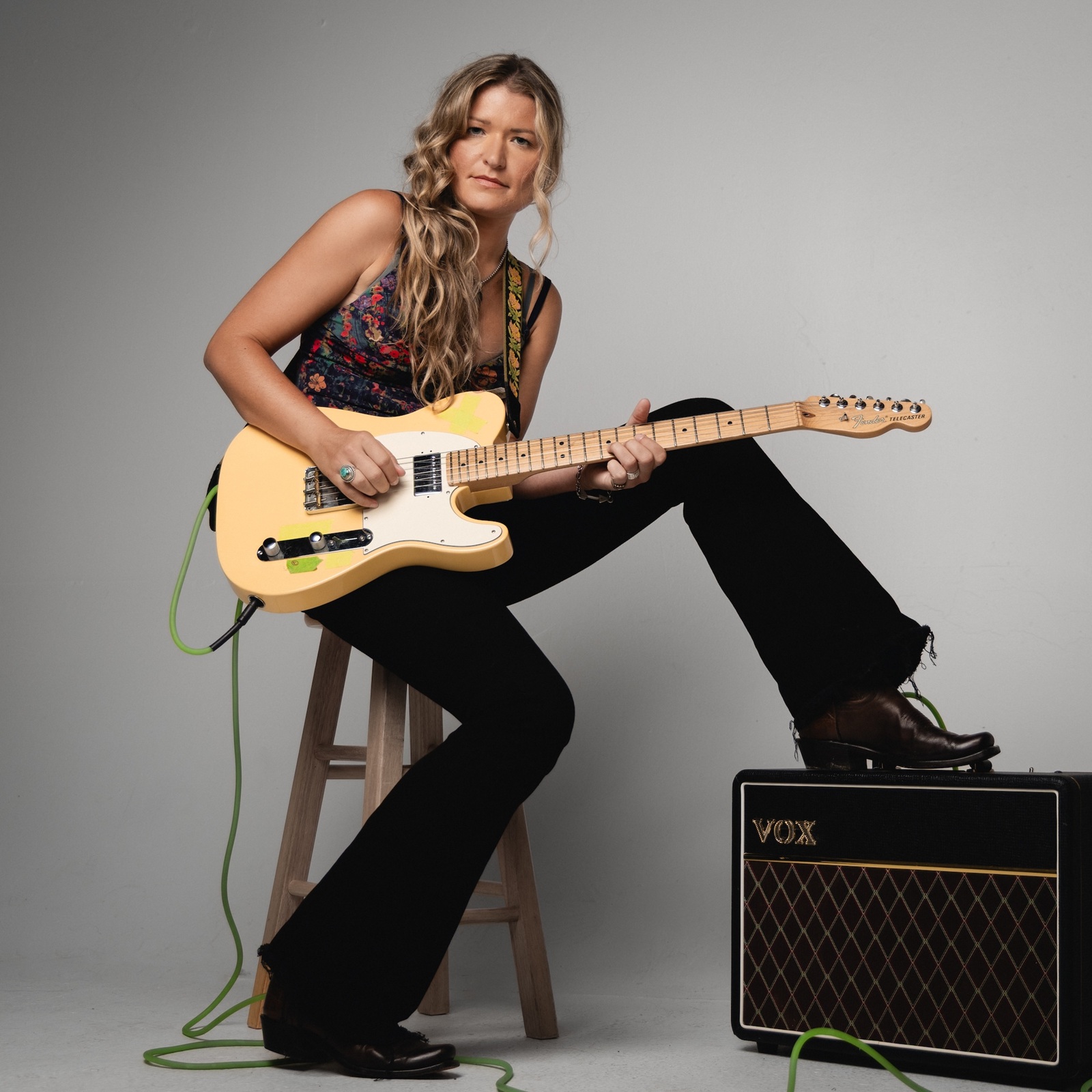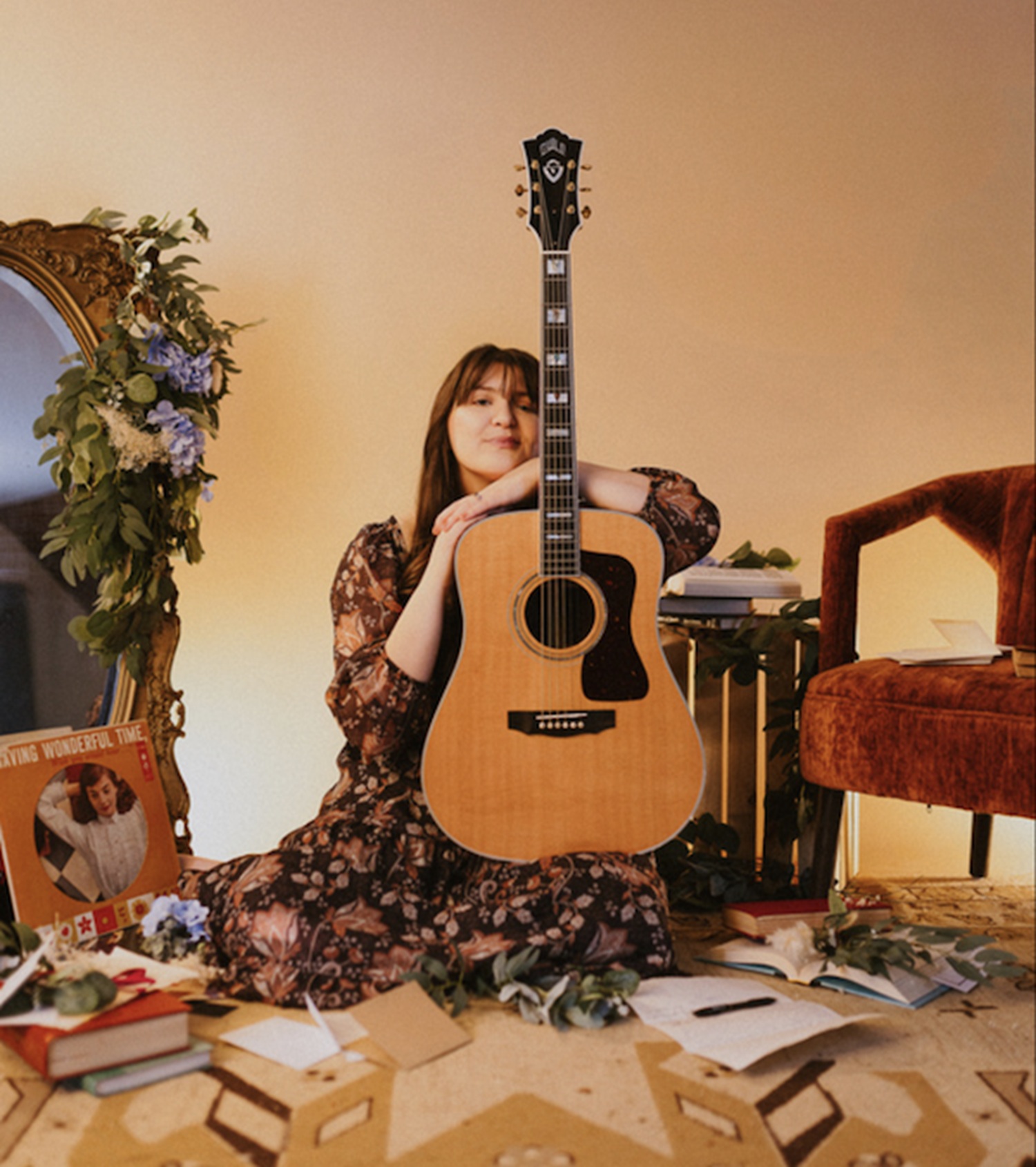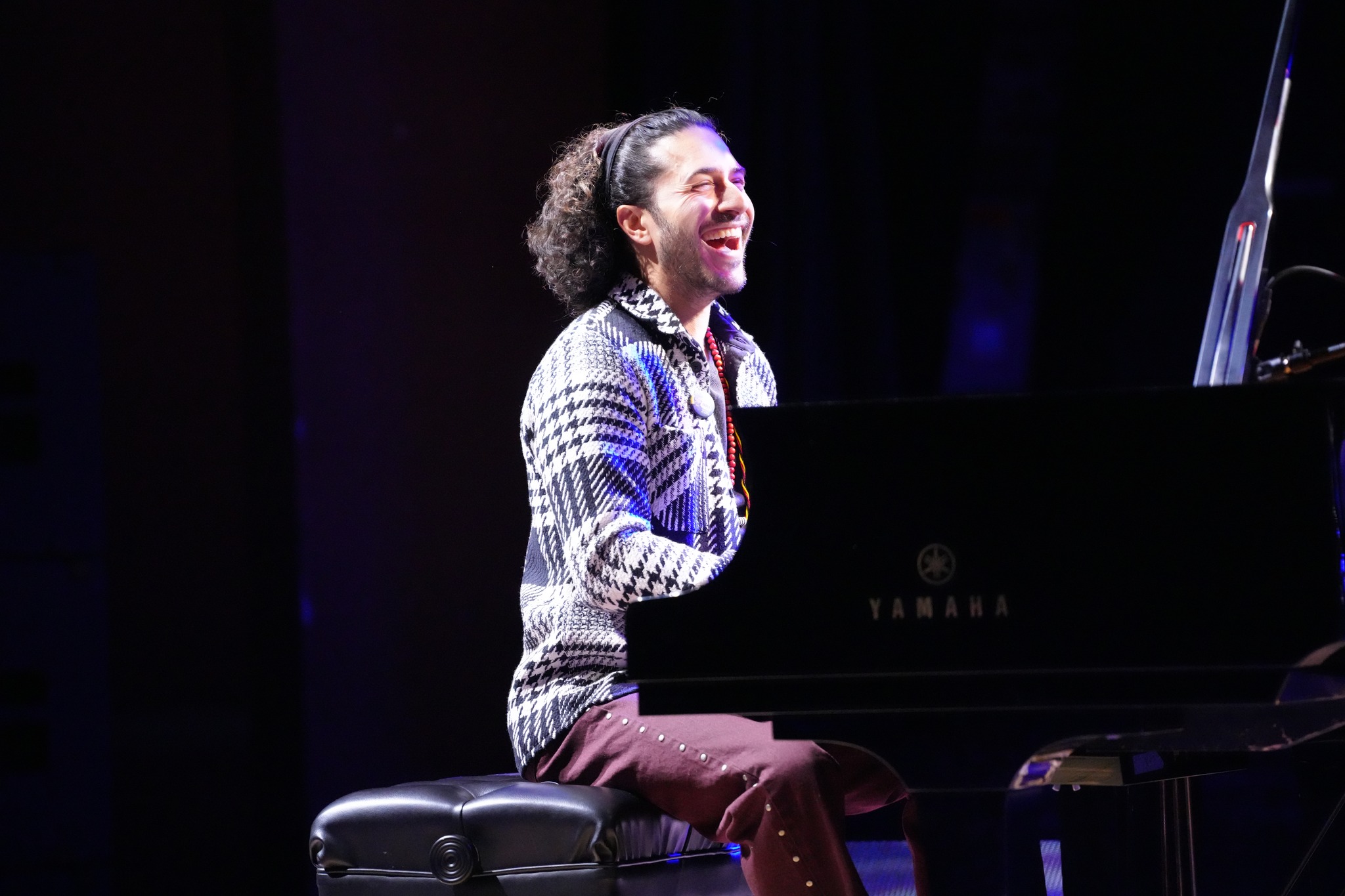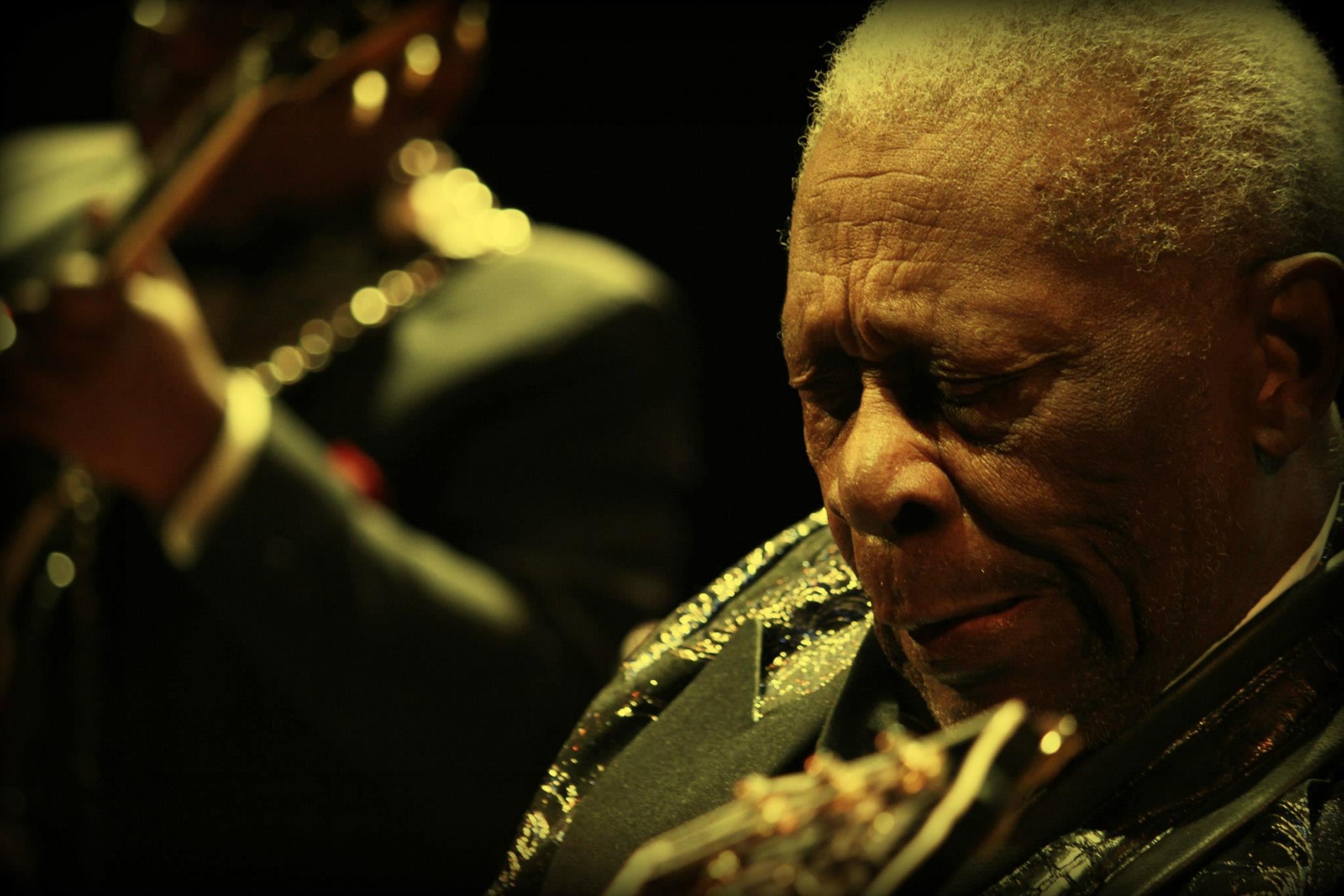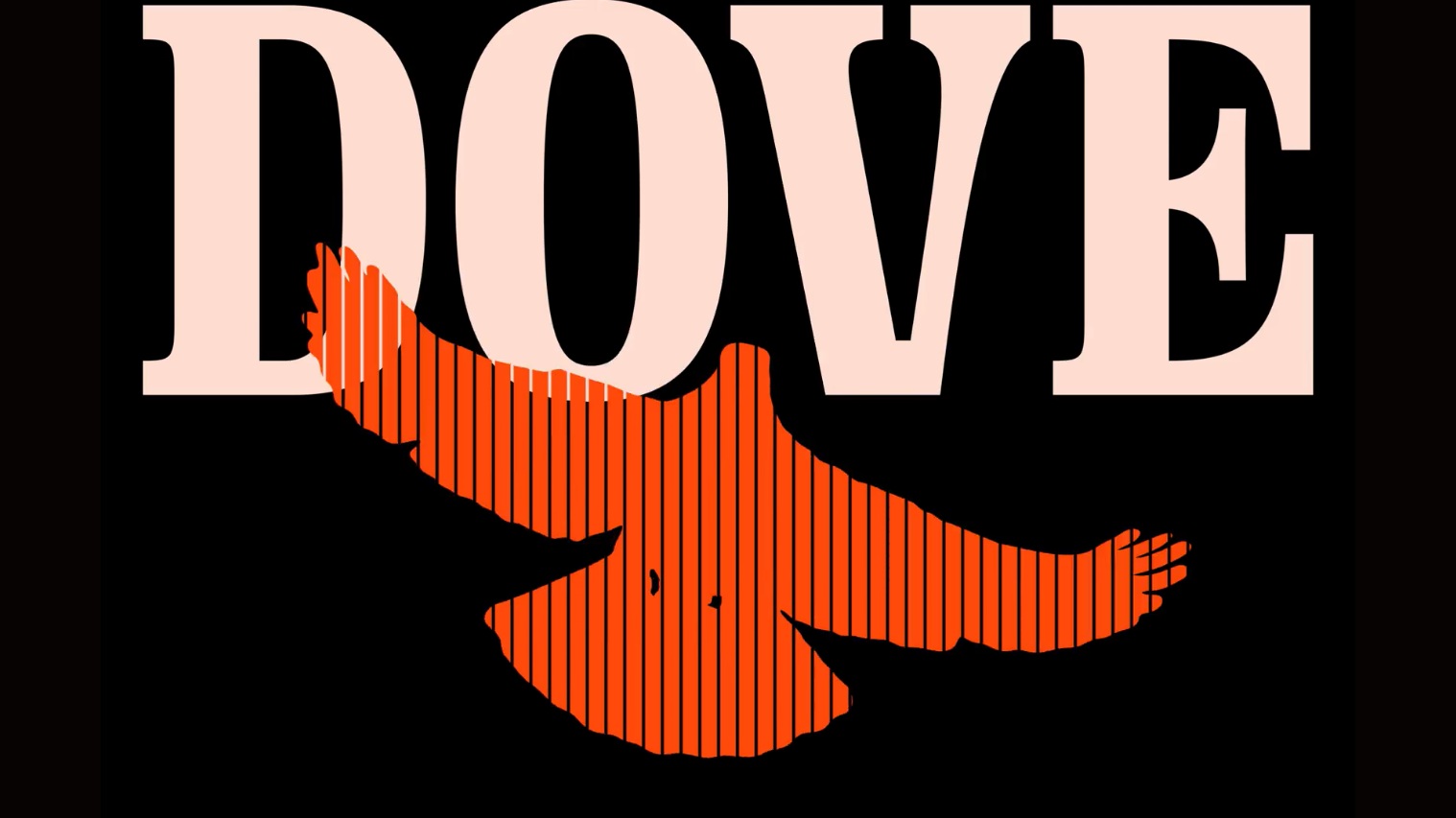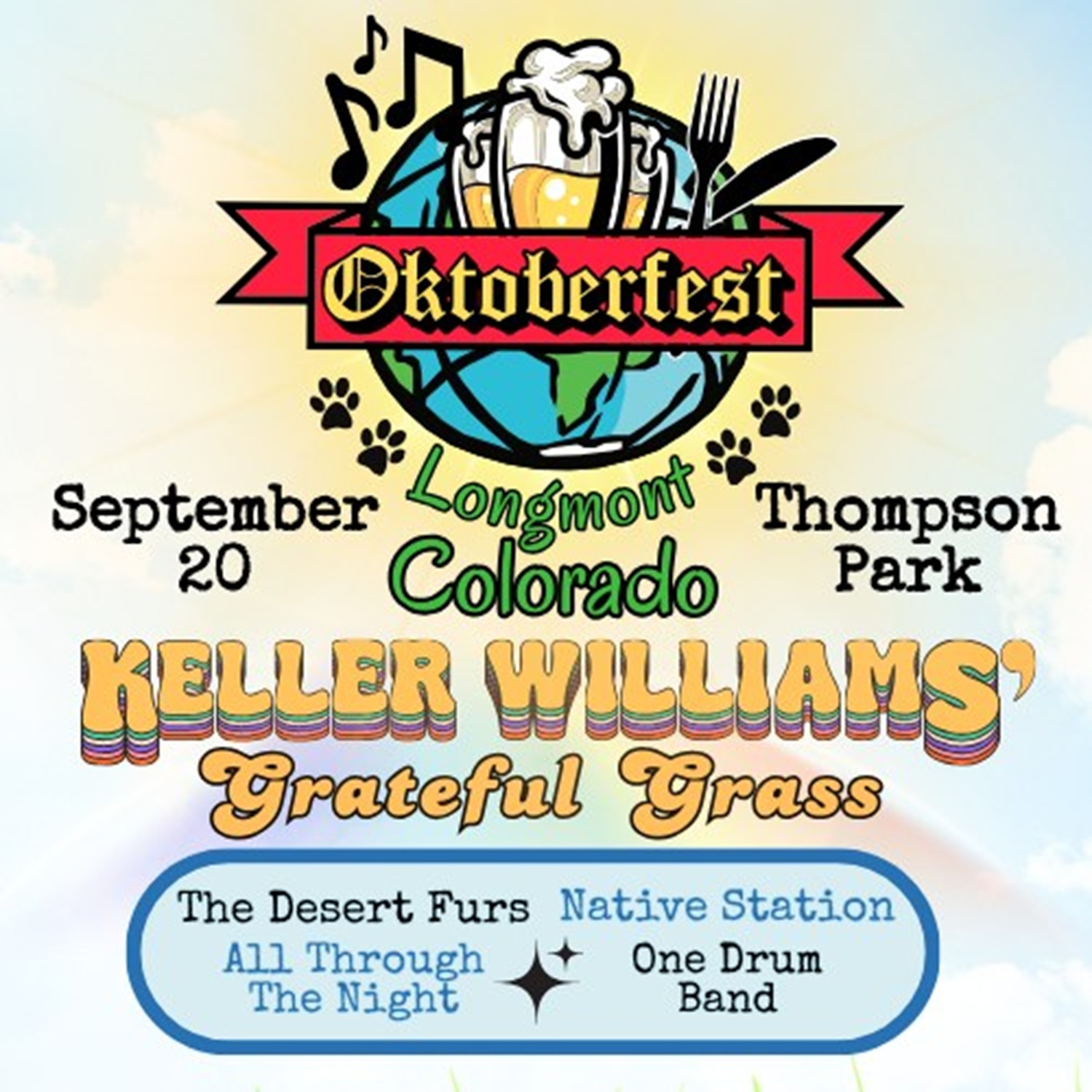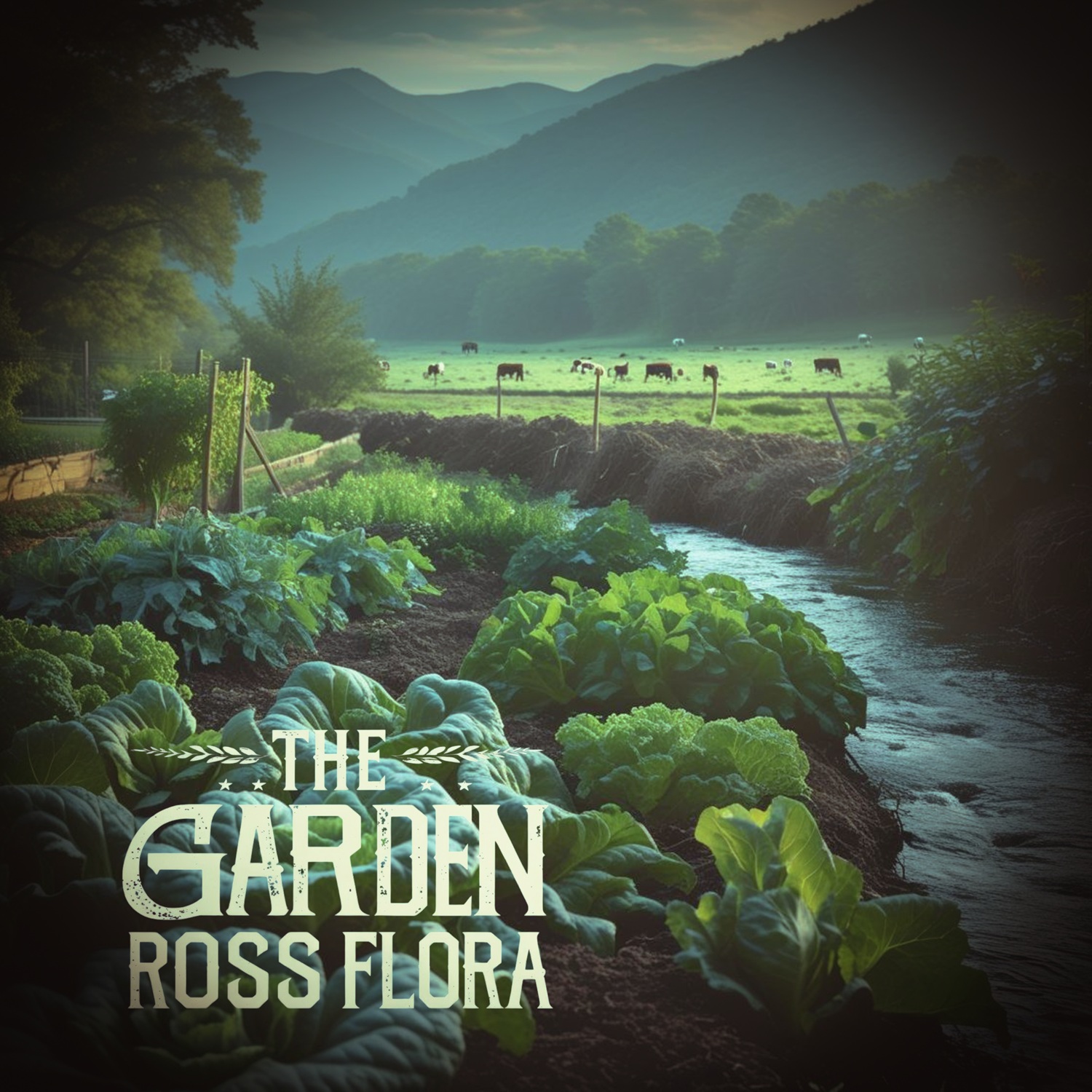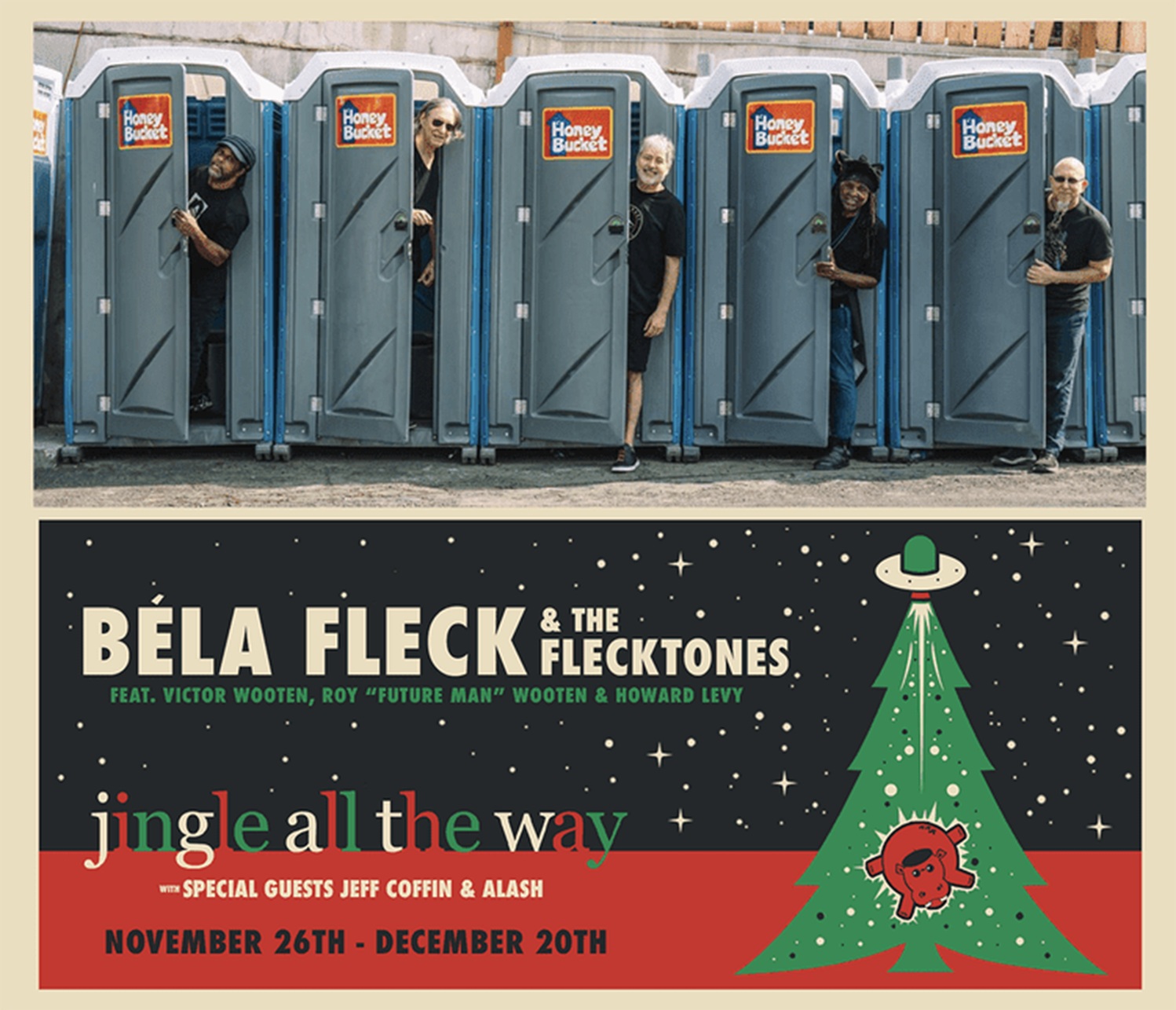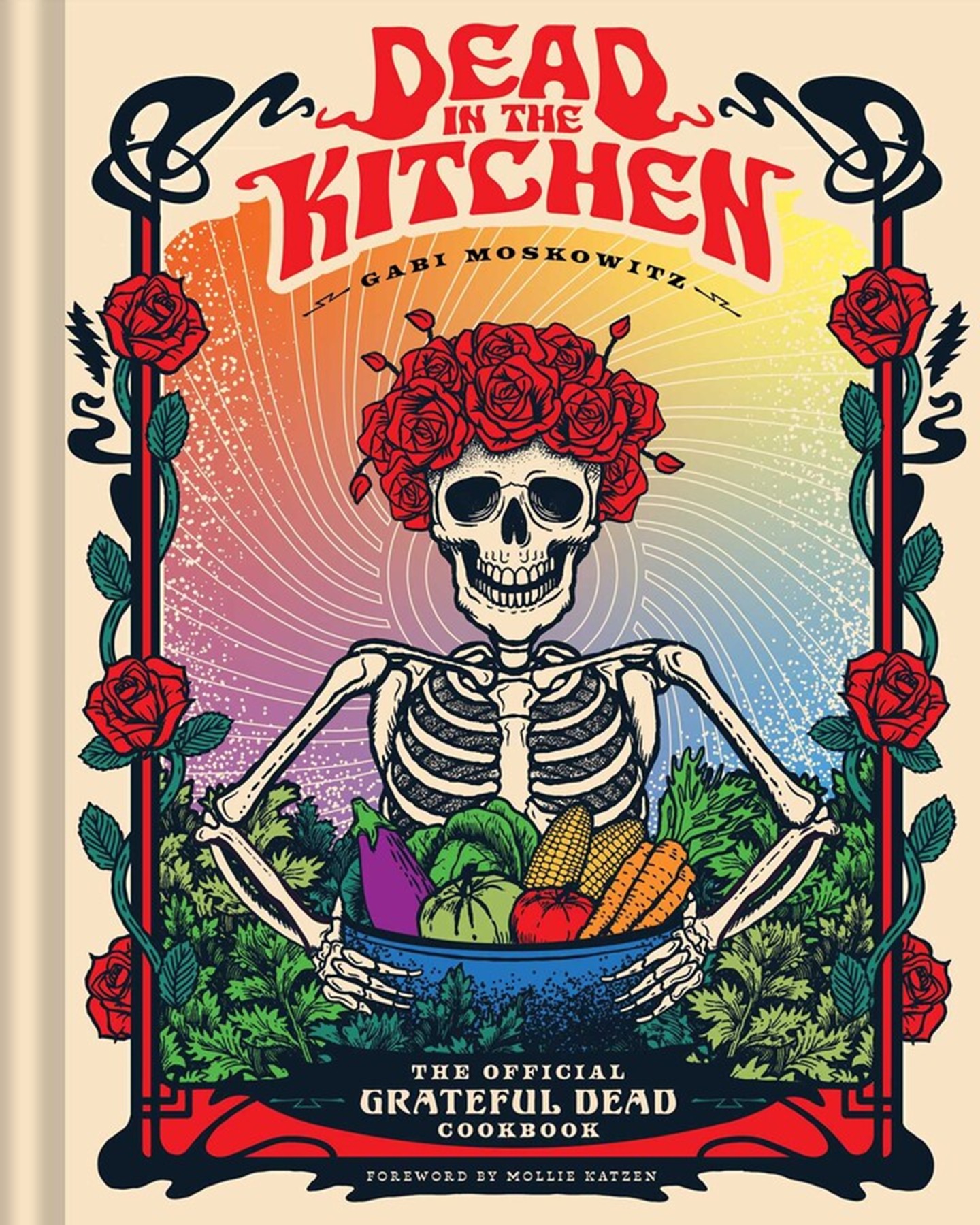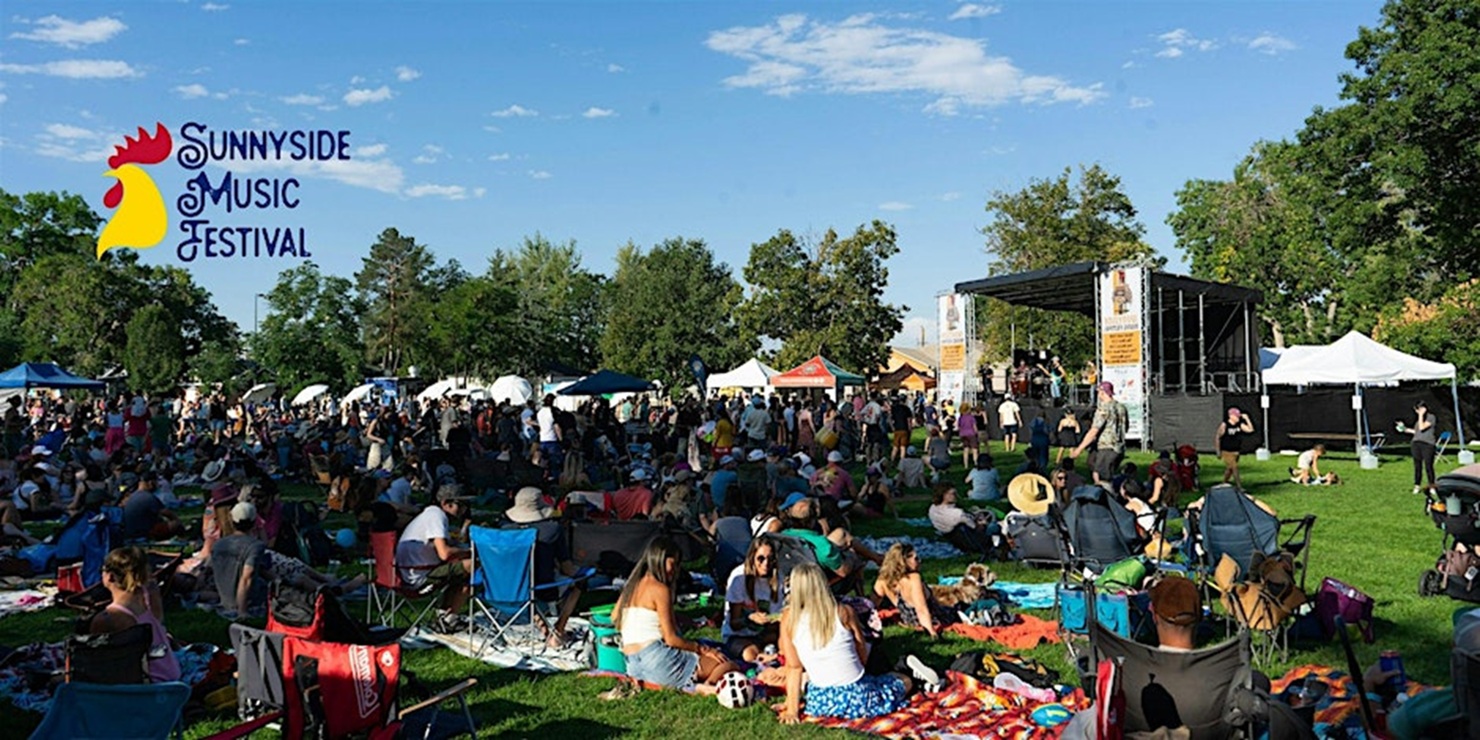Jefferson Berry and the Urban Acoustic Coalition released their third full-length album, Double Deadbolt Logic this spring and it is a collection of danceable, blues-tinged, folk-rock inspired tunes that you can imagine hearing around the campfire. The musicianship of the players assembled – including Bud Burroughs, Dave Brown, Uncle Mike, David Rapoport and Marky B. Berkowitz – elevate and buoy Berry’s evocative and spiritual songwriting focused on city life, good love/bad love, and these strange times.
Their latest video for the song, “At The Festival,” is a love letter to our favorite summer pastime (that we are missing this year): listening to the best players out there, sitting around the campfire all night while lifelong friendships are forged and basking in the joy that is the communal experience of attending a festival.
We sat down with Berry to discuss the new album, the players that makeup the UAC, and summertime traditions.
Grateful Web: Jefferson, your third LP with the Urban Acoustic Coalition, Double Deadbolt Logic, was released this spring. What can you tell us about releasing an album in the midst of a pandemic and do you find that the songs on this record are taking on new meaning in light of what’s going on in the rest of the world?
Jefferson Berry: The album has had its challenges, both in terms of all the business things that go into a release, and creatively. You’d have to say there’s been some really curious timing on my part. We had months of shows booked to support (and pay for) the album. They got cancelled. But as other bands put their plans on hold, we’ve stepped up with remotely produced videos and special promotions.
Creatively, the music is as cool as ever. The Urban Acoustic Coalition really hits its marks with this album. But we’re storytellers. And in this new society, the stories are going to change.
GW: A few of the cuts on the record have distinctly summer vibes to them, especially “At the Festival.” The video for “At the Festival” was shot in part on location at the Philadelphia Folk Fest. What is it about the magic of music festivals that you wanted to capture with this song and video?
JB: At the Festival is a good example of a song “taking on a new meaning” with the pandemic. This is a happy tune; a celebration of 17 nights in a tent each summer at folk and jamband festivals. But more than one person has gotten back to me with a totally different reaction. These are people who I fest with every summer and there will be no fests this summer. “What a great song Jefferson,” they say. “I really needed a good cry.”
The magic is in the late-night jams with folks you see every year at Fest. It may be the only time during the year you see them to jam, busy as we are with our own projects. Bob Stirner of Boris Garcia and Box of Rain camps next door to my crew at Philly Folk. Jammin’ with him is a blast, year after year. Every night, there are so many friends with so many musical moments.
GW: “Ghosts of California” finds you singing on the street in your west coast, home state. What inspired the song? And what was shooting the video out west like?
JB: We all have things in our past we’d do differently, given the chance. But the wreckage of our past for the most part is what it is. I was in the rock ‘n roll radio world, writing commercials for concert promoters, night clubs and motorcycle dealers. San Francisco. The 80s. Too much fun. My behavior was frequently lacking. Going back to the old haunts always scared up a sense of regret. “Ghosts of California” ended up being more than a song for me. It was therapeutic.
Shooting the B Roll for the video with Bill Emberley was fabulous, talking about the old days in between takes. We went to the ruins of Candlestick Park. We shot at a café in the Castro District that was tremendous source of characters for my stories. But it was the angles he brought to life in the financial district that, to my mind, really make the video kick.
GW: It’s been said that “all Philadelphians” can relate to your song “Get to the Shore” – why do you think that is? What about going to the shore is quintessential to the citizens of the City of Brotherly Love?
JB: We Philly people are hard. And so many of the stories I’m telling talk about the City in those terms. Locks and Guns. Shattered Glass. Everyone’s Got Their Stuff. So, given an opportunity to get out of town, we’re all about it. Loosen up, yo!
As a California Hippie, I had to marry a Jersey Girl to fully appreciate the shore. Crazy in Love with Blue Eyes, I am. There’s a connection between the shore and the good love that I think folks can relate to. Not real sure if I’ll be replacing Rudy Vallee or Southside Johnny anytime soon.
GW: The members of the UAC are some pretty accomplished musicians. What is it about having these specific players that makes the UAC what it is?
JB: The “Coalition” concept behind the UAC looks for players that have other projects going on or who’ve had extensive studio and/or road experience. Band leaders. We’ve evolved into a band that features three stand out performers: Bud Burroughs, Dave Brown and Marky B! Berkowitz. I’m writing songs to each of these guys’ talents, but I’m taking them first to Uncle Mike Damora. Uncle Mike sets up the bottom end with bass lines that are going to support the style of the song: Folk, Folk Rock, Americana, Blues—he can do it all. And his simpatico with Dave Rapoport on drums locks in things for the rest of the band. Live (oh, do we all miss live!) Rapo is the steadiest drummer I’ve ever worked with.
Bud Burroughs and I started a band called Hippies and Hillbillies about 15 years ago. A “Jerry goes to Texas” sort of thing. Drinking music. Bud is the best mandolin player in Philly and a classically trained pianist; every band is better with Bud. Right now, we’re working on the next album, swapping files and synching up the song parts. You need to be pretty accurate with your parts for this to work, and Bud sets me straight when I’m off. He often knows more about my songs than I do…. Dave Brown and I have been festing for years together. He is so intuitive on so many instruments. And like Bud, he has no problem with the technical aspects…. For what I do, Marky B! is the best harmonica player in town because he not only a great blues/roots player, but he puts the Chromatic Harp into play. A student of his instrument like no one else…. I’d be remiss in not mentioning Emily Drinker, Irene Lambrou, Michelle Armour, Deborah Stern and my daughter Briana Berry. They all made great contributions to Double Deadbolt Logic, but they are the hardest Coalition Members to clear dates with. This is because they are lead singers all the way. Why have back-ups when you can sing with the stars, right?
GW: Jefferson, as a songwriter, you are a storyteller. Where do you find inspiration for these stories and songs?
JB: The city has so many stories to tell. So many personalities. So many issues. I feel some sort of obligation to address what’s going on in the world, but I know to do that, I need permission from my audience. People want to be entertained; they wanna swing. Nobody’s paying for anything preachy. But if the slide guitar is cool enough and Rapo is hitting ‘em right, I can get angry about what’s fucked up about social media (I Know What I Know) and listeners will be cool with it.
And then you can always mix it in with songs about the Good Love, the Bad Love and these strange times. At that point you’re singing about who you’re singing to.
GW: When you aren’t making music, you are teaching government and history to students in Philadelphia. How does that experience inform your songwriting and artistry?
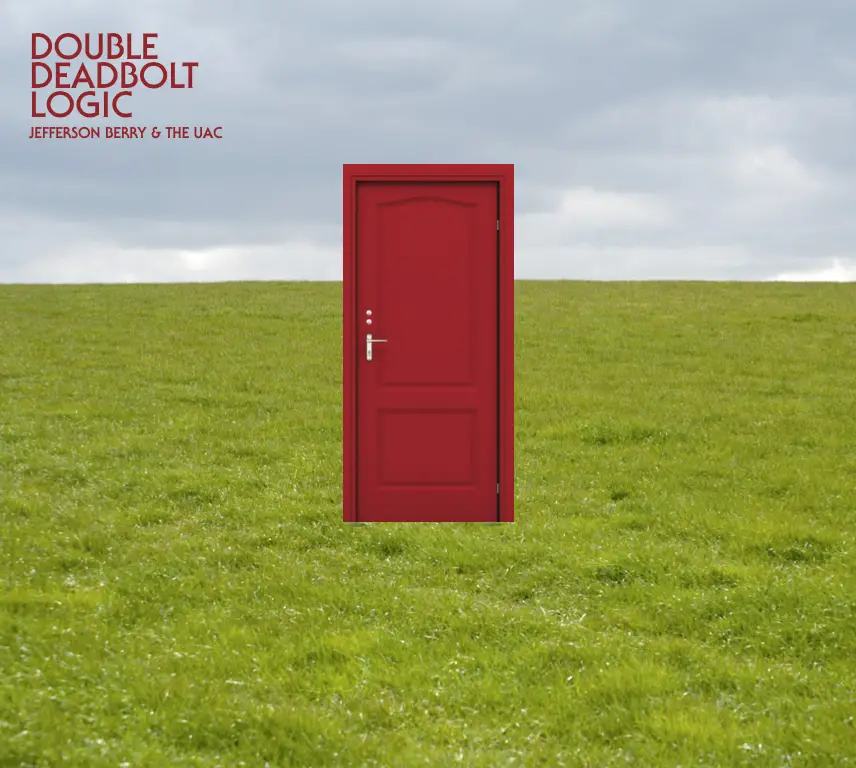
JB: It’s a two-way street. As a published historian, I’m not candy-coating the American dream to my inner-city kids. My course is Social Science, Economics and Civics. Power. When we’re talking about money, I’m pointing them in the direction of how the Capitalist game is played. They in turn have no problem telling me about how to boost and strip a car (Shattered Glass). I school them up on their constitutional rights and how to survive a police encounter. They tell me about those encounters and the cops that profile them (In Too Deep).
I was on Instagram with Jah$tar the other day. Had him in class, sort of. He was busy becoming a hiphop star. Positive dude. Focused. Yea, I failed him, but so what? He knows what he needs to do when he gets pulled over in that fancy, record-company bought car. And his IG followers dig it when I talk about him. While there’s a mutual respect there, as musicians, the music each of us create couldn’t be more different.
GW: You’ve done some livestream style performances. What are some tips and tricks you can advise other artists looking to do the same?
JB: You must have some sort of interesting background (no your bedroom is not that interesting) and lighting and or camera angles that are like no one else’s. It’s live so you really have to know your material. I have Blue Eyes monitor the feed and when people tune-in, I call them out. I use an iPhone X, and she frames me up with that—for god sakes, don’t reverse the camera view so you’re playing left-handed!
That said, Live Streaming might be the least satisfying aspect of this pandemic. I’ve gone all out with lighting, sound and camera work and with one exception haven’t drawn a big crowd. None of my friends have. I did a set on Americana Highways that got close to a thousand views, and that was cool. So, there are some big platforms to stream on that work. But just running Facebook Live, Solo? Bleh...
One of my best friends from college is the keyboard player for Weird Al Yankovic, Rubén Valtierra. Like everyone else, his tour got cancelled; crazy-good player. He streams from his house with a profile camera, an over-head camera and a face forward camera. Quality sound. Impeccable midi feeds. Stunning arrangements of jazz standards and the Latin-Jazz he has written. He’s calling out all these famous LA studio cats who’ve tuned in. Man, he should have thousands of steaming views with a tip jar brimming with PayPal dollars. He doesn’t. None of us do.
GW: When you sit down to write a song, how does it start? A chord progression? A melody? Now that we are quarantined, how do you and your band write new material?
JB: I put on a Def Leopard record and play along until I find something I can steal. Kidding. Sorry, it’s a good question.
I write the music first, following a mood. Simple or complex? Major 7th and 9ths, or just some heavy down beat bar chords? After a while, I’ll record it to SoundCloud-private to sing along with it, but also to make sure it’s not too much like what I’ve done before. With words written in a notebook, I’ll sing and edit the song in the notebook before typing it up, with chords above the words where the hits are. I call them charts, but I know they’re something less than that. Mike and Bud find them helpful; DB and Marky B!, not so much.
Uncle Mike found this platform that is amazing—SoundTrap. I’ll find a drum loop that we’ll replace with real drums later and lay down a guitar and then vocal track. When I have a video concept, I’ll do this with a clap count-in that everyone can synch to. I share the file with the band and they add their parts. When folk legend and friend Gene Shay died of the Covid in April, I wrote a song for him that afternoon. I shot it on my iPhone while recording it on SoundTrap as did the rest of the band. Within the week we had a video up of a song we’d never actually played together, and it got a thousand views.
Our entire next album is coming together this way at about a song a week.
GW: What’s next for Jefferson Berry and the UAC?
JB: It’s about content. A lot of bands are laying low until this is over; not me. If no one is playing out until 2021, the type of remote video production we’ve been doing will be a staple of the band until then.
Double Deadbolt Logic is getting a solid response from Folk Programmers, so this fall we’ll release it to Americana Radio. But we’ll need more cool stuff to follow it up with, likely stuff that jam band fans will dig. I’m going into the studio this week to lay down the foundational tracks of that album.
But really, what’s next for any of us? These are some strange times.
Listen to Double Deadbolt Logic here:
Find Jefferson Berry & The UAC Online:
Official: https://www.jeffersonberry.com
Facebook: https://www.facebook.com/J.Berry.UAC
YouTube: https://www.youtube.com/channel/UC-eXPUyLkcljphqWILy2-Yg






